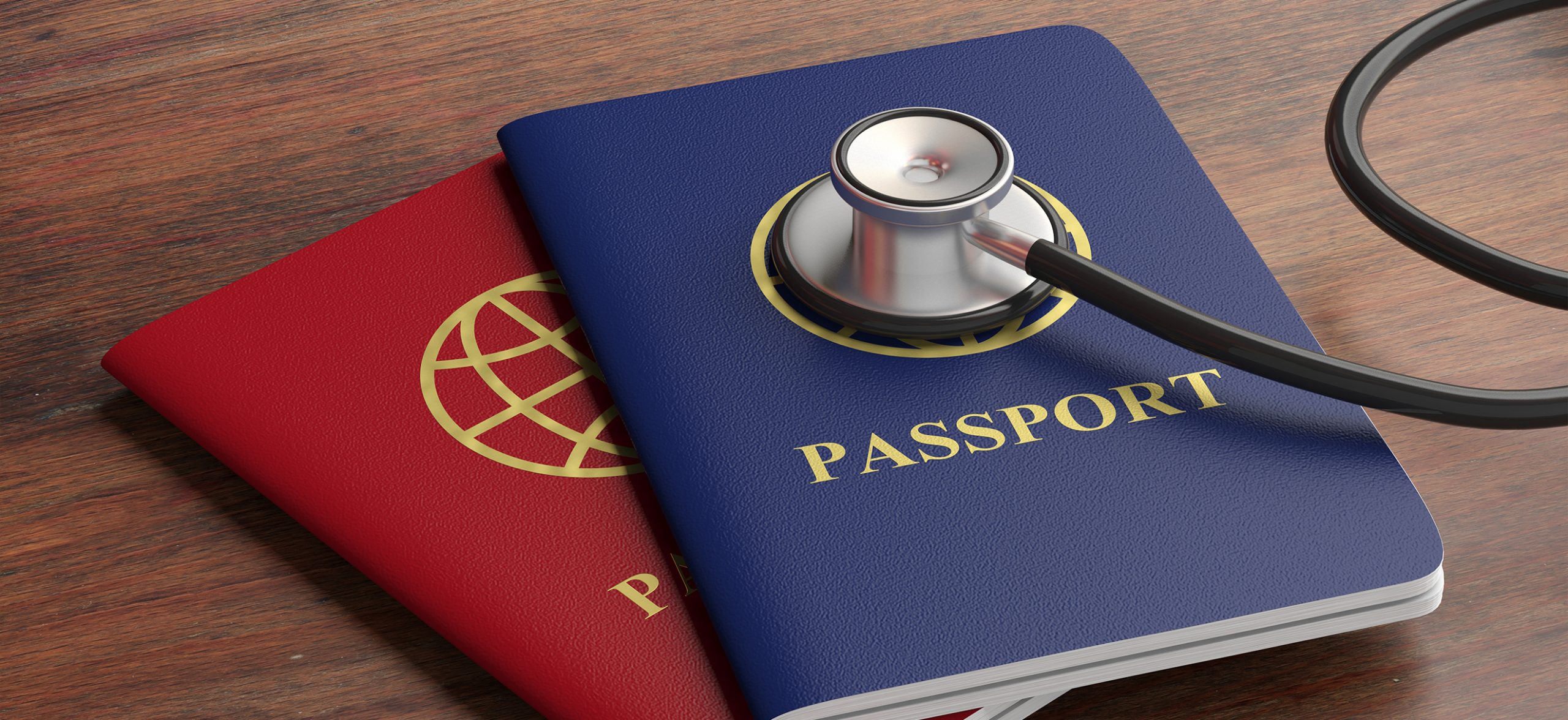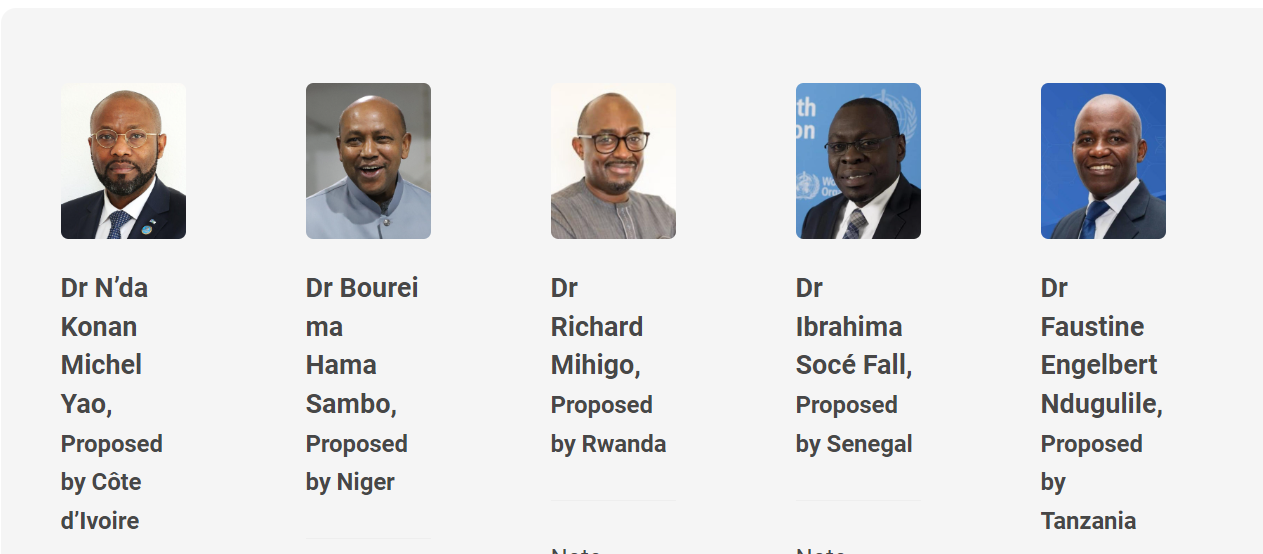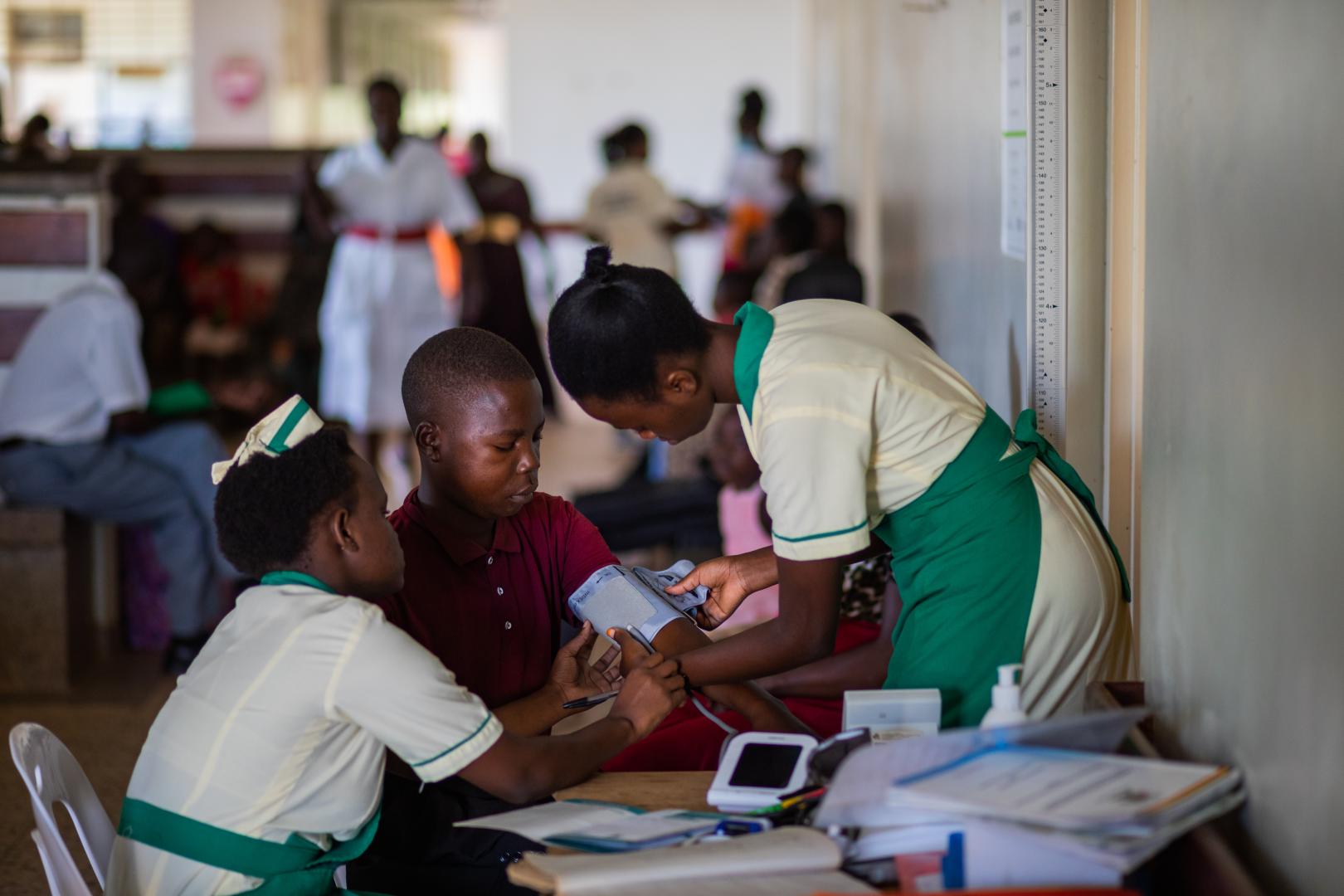- Actual number of foreign visitors seeking medical care remains largely unknown.
- Experts want medical visa expedited to boost medical tourism
- Government pins hopes on specialised health services
Healthcare experts and players are calling for the fast-tracking of a medical visa arrangement in Tanzania as part of the efforts to facilitate the country’s expedition to becoming a hub for medical tourism.
Recent advancements in the local medical ecosystem have exposed the potential of the new form of tourism which could be a game-changer in the East African country’s economic growth endeavours.
While Tanzania, like many other African nations, is grappling with a number of health challenges, including a shortage of facilities and specialists, some neighbouring countries find solace in the country, seeking treatment for cancer, cardiac complications and kidney conditions, among other illnesses.
According to the National Bureau of Statistics (NBS), the number of international visitors who traveled to Tanzania increased to 1.8 million in 2023 from 1.45 million recorded in 2022 – a 24.3 percent annual increment. But how many of these came to Tanzania specifically for medical tourism? This is the question that stakeholders are trying to find an answer to.
“We believe that if the government fast-tracks the visa, we will possibly make headway in boosting medical tourism’’
Prof. Mohammed Janabi-Executive Director of Muhimbili National Hospital
Medical tourism stakeholders told Prime Minister Kassim Majaliwa, who toured the exhibitions of the National Human Resources for Health (HRH) Conference in Dar es Salaam last Monday that they have already written to the Ministry of Health to facilitate the medical visa arrangement for foreigners who arrive in the country for healthcare services.
The Muhimbili National Hospital (MNH) Executive Director, Prof Mohamed Janabi, said that such a visa would help Tanzania’s major hospitals to attain their goals of attracting people from other countries who seek medical care.
“This kind of visa will ensure that patients who come to Tanzania for medical care can access what they need without challenges," said Prof. Janabi.
Currently, Tanzania offers an ordinary (single entry) visa, business, multiple entry, transit, gratis and student visas, which Prof Janabi said make it difficult to identify the foreigners who specifically entered the country for medical services, among those treated in the local health facilities.
Medical tourism involves traveling abroad for medical care or treatments which are not available at home or which are more expensive there than elsewhere.
The industry is globally growing as people increasingly seek services related to cosmetic surgery, fertility treatments, dental work, orthopaedics, and cardiac care.
In 2020, the global medical tourism market was valued at $11.56 billion. According to BMI Research. It is projected to reach $53.51 billion by 2028, experiencing an annual growth of 21.1 percent during the 2021-2028 period.
Neighbours flock
Tanzania’s health facilities have attracted people from neighbouring countries such as Zambia, Kenya, Burundi and DR Congo, according to NBS’ 2023 International Visitors’ Exit Survey Report.
The head of health system strengthening unit at the Benjamin Mkapa Foundation (BMF), Mr Hendry Samky, told MedicoPRESS on the sidelines of the HRH conference that the demand for medical tourism is apparent in Tanzania, although it’s difficult to find data on the number of people who arrive in the country for such tourism services.
“One hospital may have its own data but not other hospitals. If we have a medical visa, we could track from the immigration database and establish data on the demand, and needs of tourists who come for medical services in our country,” he said.
Available data from MNH show that more than 1,000 visitors come to the county for medical treatment annually, with the majority coming from the Comoro Islands. The hospital initiated the promotion of available health services in the Democratic Republic of Congo (DRC) and Burundi.
President Samia Suluhu Hassan said last year that massive investment in the health sector would enhance availability of specialised services and make the country a healthcare hub.
During a tour in Kigoma Region, the president said the government would build more zonal hospitals to ease access to specialised services, noting that the health sector projects are in line with the ruling party’s 2020/2025 election manifesto.
It is also in line with the third five-year development plan that emphasises on improving primary and specialised health care, she said, with statistics showing that improvement in the provision of quality health services has cut travel for treatment overseas by upwards of 95 percent, while attracting patients from neighbouring countries.









